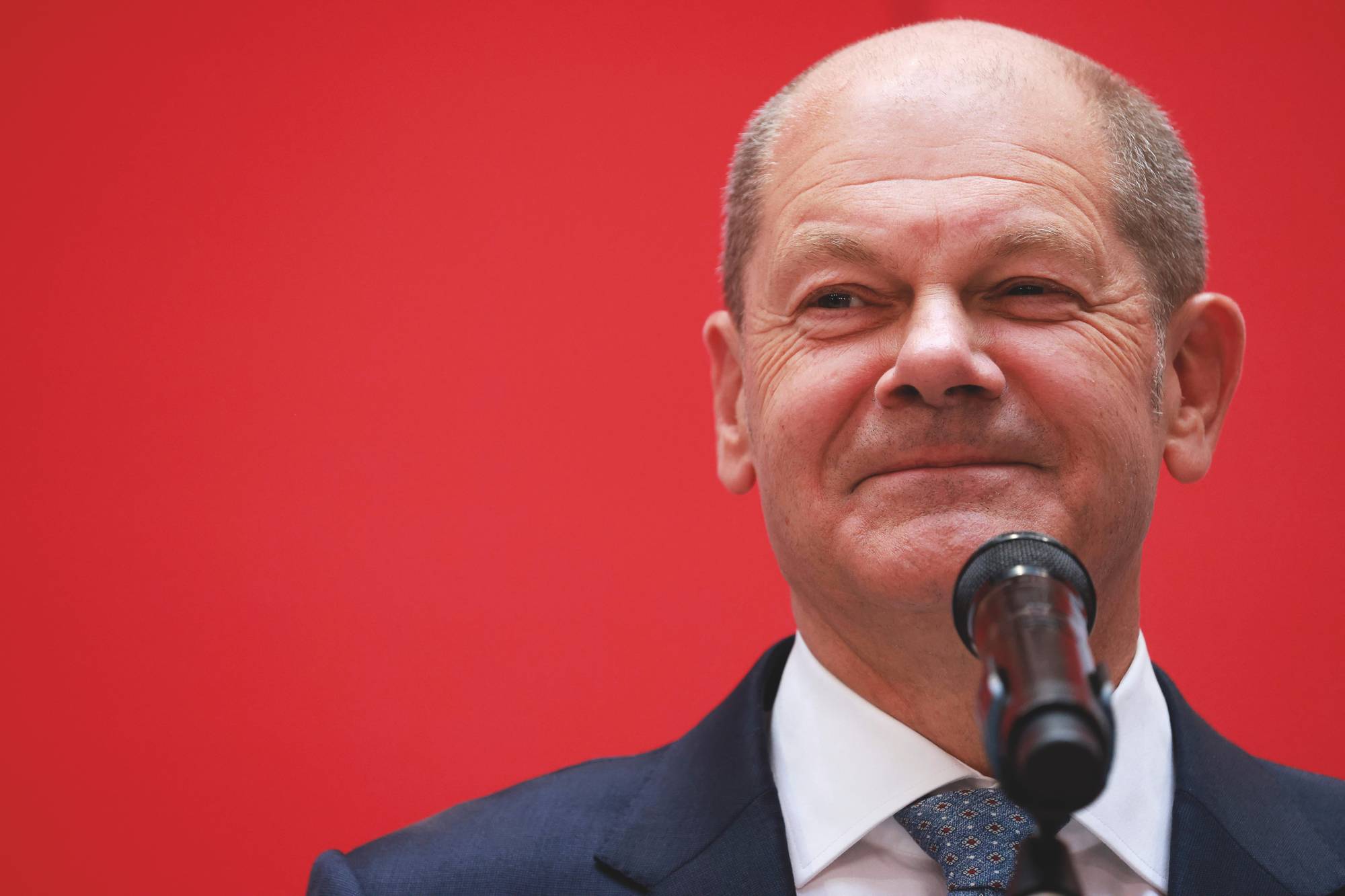In 2022, Germany will adjust to being governed by its first new chancellor in more than 16 years. But that does not mean the era of Angela Merkel is over. Germans — and Europeans — will live with her legacy, and though she was almost universally praised as a steadfast leader, history ultimately may not be so kind to her.
At a time when the world is undergoing rapid, fundamental change, both Germany and Europe have failed to chart a decisive new course. Although Merkel averted multiple catastrophes, her caution may have exacerbated many other problems, such as the Greek financial crisis. Moreover, many slow-moving crises — such as Germany’s demographic challenge, technological stagnation, climate change and rising inequality — were left to fester.
To be sure, future historians will emphasize Merkel’s reliable crisis management, her cautious leadership style and her habit of listening to all sides before making decisions. Yet, with hindsight, it also will be clear that she was a kind of queen in a kingdom of the blind. At a time when Europe was beset by one emergency after another, she stood out not for her own foresight but by dint of the lack of leadership around her.


















With your current subscription plan you can comment on stories. However, before writing your first comment, please create a display name in the Profile section of your subscriber account page.